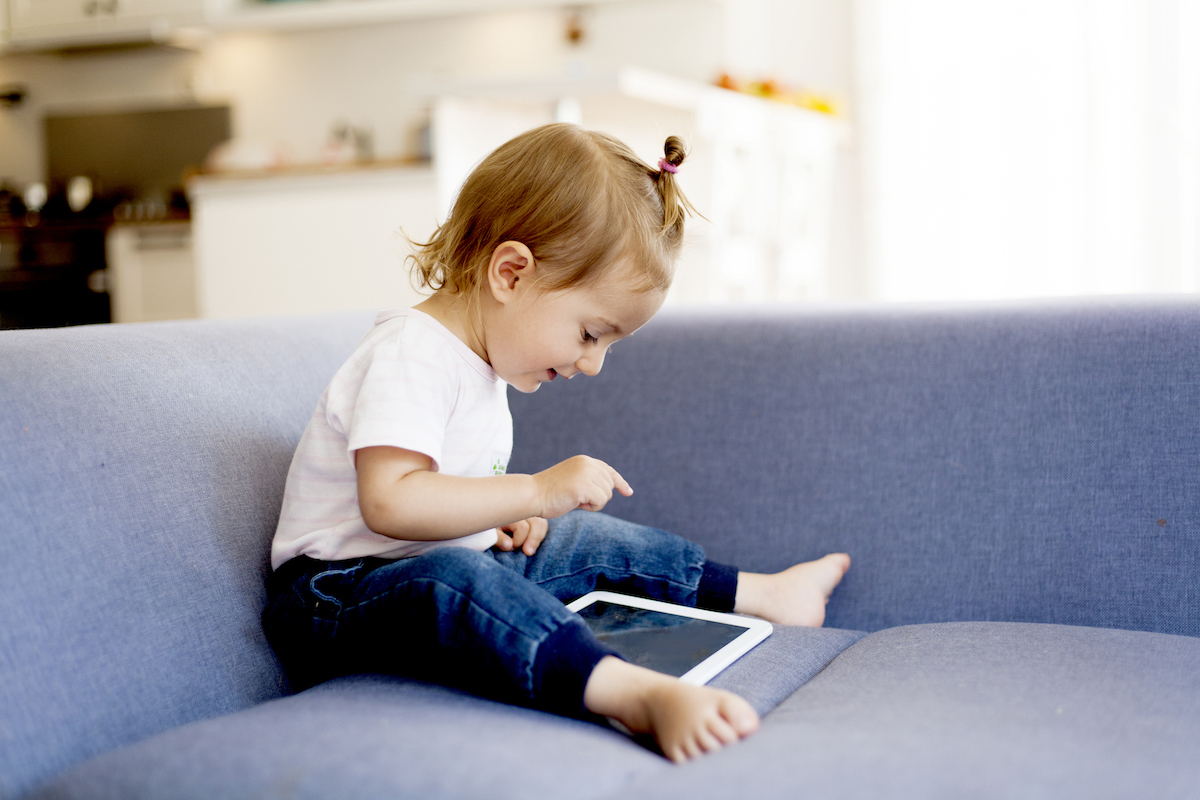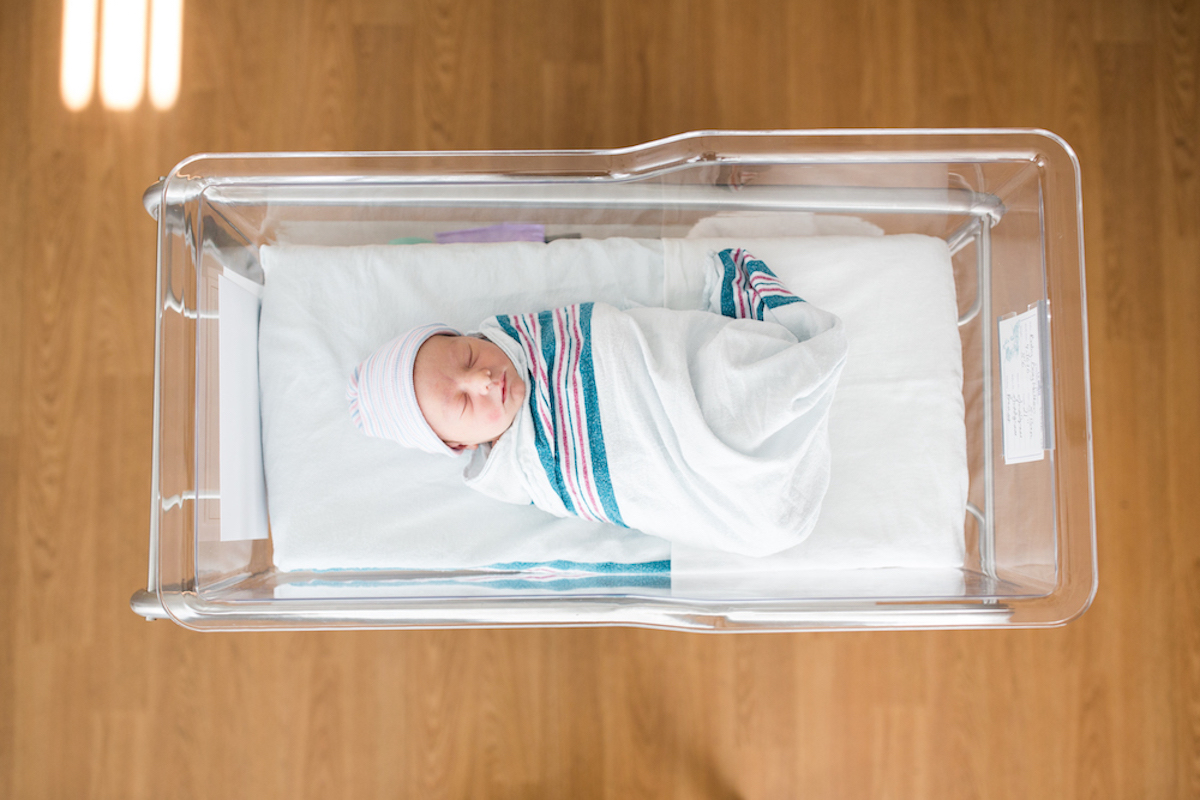I’m a new mom who is nursing and also pumping to build a stash and give a couple of bottles a day. I keep reading that babies are more efficient at the breast than the pump is. But I’m not sure where this statement comes from. And if it’s true, I have follow-up questions: How much more efficient? And can I use this information to guess how much my baby is getting while nursing? For example, if I know that I get X ounces in 20 minutes of pumping, can I estimate that baby gets X ounces in 15 minutes?
—Kate
This is an interesting question, and a place where the answer to “where does this statement come from?” is, at least partially, “the past.” Breast pump technology has improved a lot in the past 50 years, even in the past 10. There is a big difference between a hand-powered pump and one powered by a motor, and overall the technology has come closer to replicating the sucking activity of an infant.
In fact, it’s not clear that the volume differs much. We can see that in, for example, this study from 2001, which estimated that babies got 71.8 milliliters on average from a breast in 15 minutes and a pump got 60.6 milliliters in 5 minutes. So the pump got a bit less, but in a shorter time. (Note: To do this comparison, you have to carefully weigh the baby before and after.) This study shows, on average, full emptying of the breast by the pump, which is another way to measure efficacy. However: there is variation across women. For some, the researchers estimated they got more milk with the pump than they’d expect in breastfeeding; for others, much less.
Other studies suggest similar numbers. A summary paper here reports that infants remove about 67% of milk in the breast and the pump removes 55%. to 75%. So on average, similar but with variation across people.
This variation is consistent, I think, with individual experiences. Some people are prolific pumpers; others are not. As a result, unless you do some fairly substantial self-experimentation, you may struggle to map your pumping volume to your child’s eating volume. Sorry!
If you want to know exactly how much your baby is eating when they nurse — and I will emphasize this is really only helpful if you are worried about weight gain — you can get an infant scale and weigh them before and after. Again, though, in the absence of a medical reason to do this, I would not recommend it.


















Log in